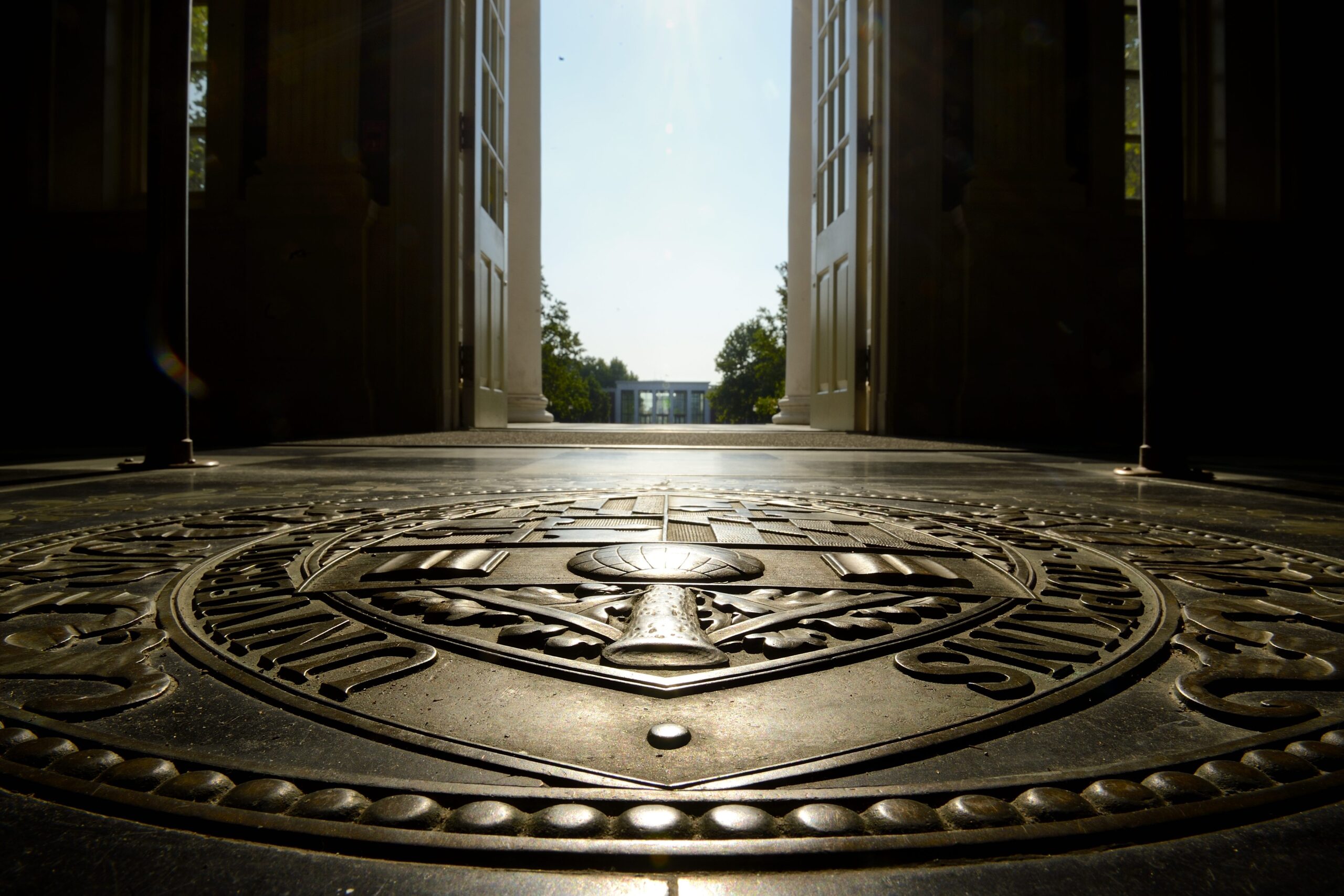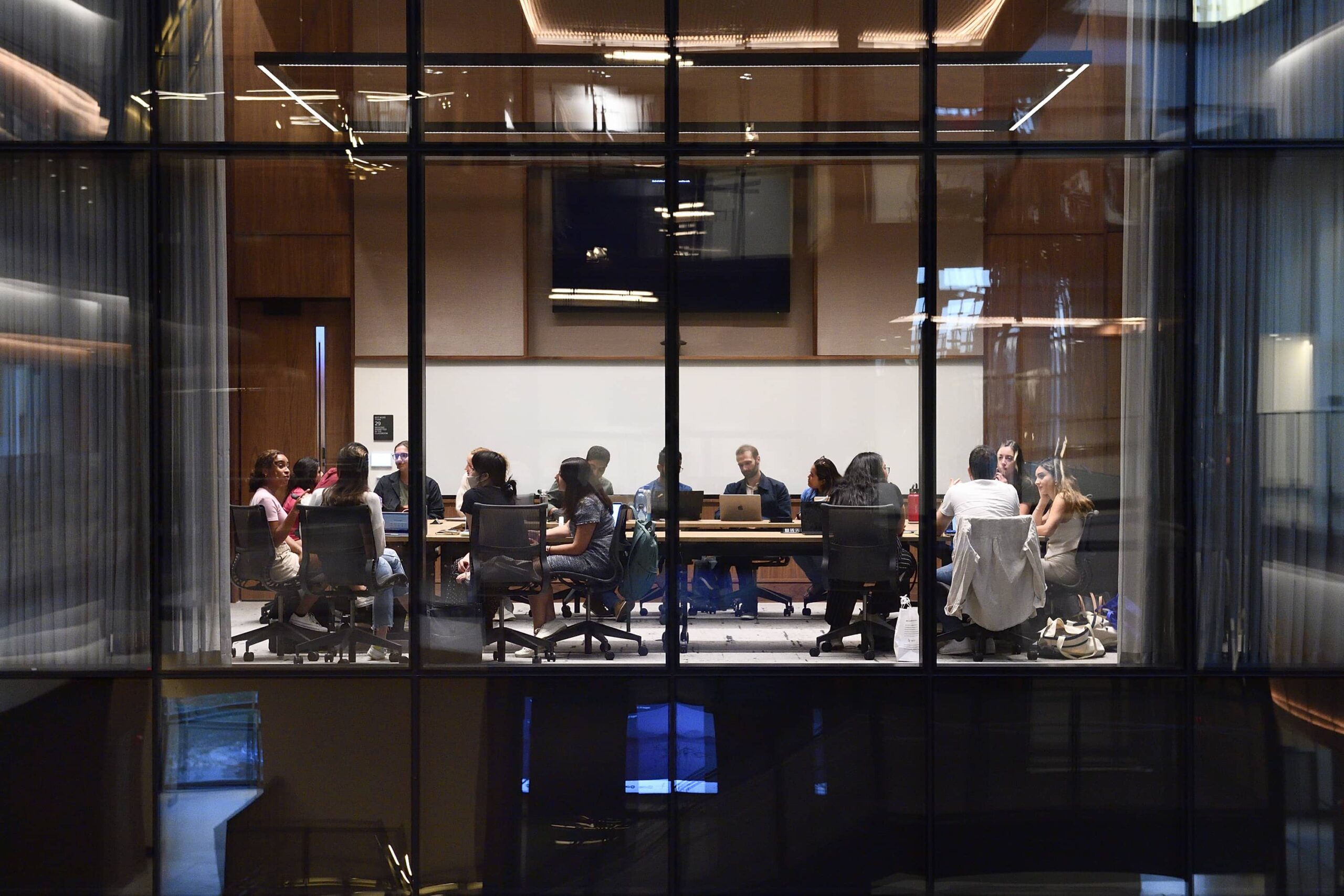Johns Hopkins University and Medicine and our GCE office are deeply committed to the free and open expression of ideas.
We must be thoughtful about how we engage with policymakers.
The resources here will guide you through lobbying and political activities, ensuring our Johns Hopkins community stays compliant with lobbying laws and requirements while making your voices heard.
Anyone has the right to lobby or contact government officials to help shape public policy—it's a fundamental part of democracy. Regulations differ significantly between state, local, and federal jurisdictions.
GCE is the only entity allowed to speak on behalf of Johns Hopkins University and Medicine.
The rules require the university and the health system to report all lobbying activity publicly and prohibit using government funds, including grant awards, for lobbying activities.
Lobbying refers to activities aimed at influencing legislative or executive actions. Under Maryland state law, individuals or entities engaged in certain lobbying activities must register with the State and follow certain ethics laws. Registration is required under the following circumstances:


Lobbying contact includes any written or verbal communication with government officials to influence:
Several activities are exempt from lobbying registration requirements:


Though publishing and conducting nonpartisan analysis, study, or research is not considered lobbying, discussing it with a public official may be in certain circumstances. Advocacy and educational activities may constitute lobbying even if legislation is not yet pending.
GCE oversees government relationships and policy advocacy activities to ensure institutional compliance and strategic alignment. Our office works across Johns Hopkins University and Medicine to:
GCE is the only entity allowed to speak on behalf of the institution. If an individual contacts officials outside of GCE, the person needs to make clear that the views expressed are their own and do not necessarily reflect the policies or positions of Johns Hopkins University or Johns Hopkins Health System.
Johns Hopkins Leadership determines positions on legislation, regulations, and State policies taken "on behalf of the Institution." GCE coordinates efforts to advance these positions.
No. The rules prohibit using government funds, including grant awards, for lobbying activities. The university and health system must publicly report all lobbying activity.
As a tax-exempt institution, the university and health system:
GCE manages government relations in:
GCE ensures institutional compliance by:
When speaking as individuals, faculty and staff must:
Johns Hopkins letterhead should only be used when the writer has pre-approval to represent the institution on official business or writing "on behalf of" Johns Hopkins. Letters and e-mails expressing personal views, including views related to your research that are not official positions of the institution, should be written on personal stationery or using personal e-mail.
When expressing personal views, the institution may be mentioned for identification purposes, but the following disclaimer must be included:
"The views expressed here are my own and do not necessarily reflect the policies or positions of Johns Hopkins University/Johns Hopkins Health System."
First, obtain approval from your dean. Then, contact the GCE team or the Office of Federal Strategy. In some instances, they can help assist with logistics and shepherd the request through the appropriate public officials.
Yes. Expenses and time associated with preparation and attendance may need to be reported as part of institutional lobbying disclosure filings completed quarterly or semi-annually.
Alert your dean, GCE, and the Federal Strategy team before agreeing to the request. Unless it is clear that you would be providing input in your personal capacity on your personal time, such activity may be construed as lobbying on behalf of Johns Hopkins.
The differences between lobbying and advocacy can be subtle. Grassroots or issue advocacy is acceptable; however, we advise using personal letterhead and e-mail. Advocacy for a specific proposal, whether or not there is a 'bill number,' is lobbying.
As a general rule, faculty and staff should refrain from offering meals, tickets, travel, or other gifts of any value to public officials; such activity is prohibited or conditionally restricted by federal, state, and local laws. Gifts are allowed in certain situations, so please direct questions to GCE and Federal Strategy.
Contact GCE or Federal Strategy. Professional staff can support you by providing practical guidance, demystifying the hearing process, and anticipating political landmines.
The University, and its faculty and staff, are prohibited by law from using federal or state grant funds to lobby any Public Official. Ordinary communications are permitted, including general background information, the timing of funding decisions, and updates on the progress or status of funded academic work. For more information, the full policy can be viewed here: https://federalstrategy.jhu.edu/lobbying-disclosureand-political-activity/
For additional information and guidance, please contact GCE at [email protected] or the Office of Federal Strategy.
